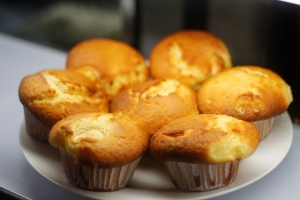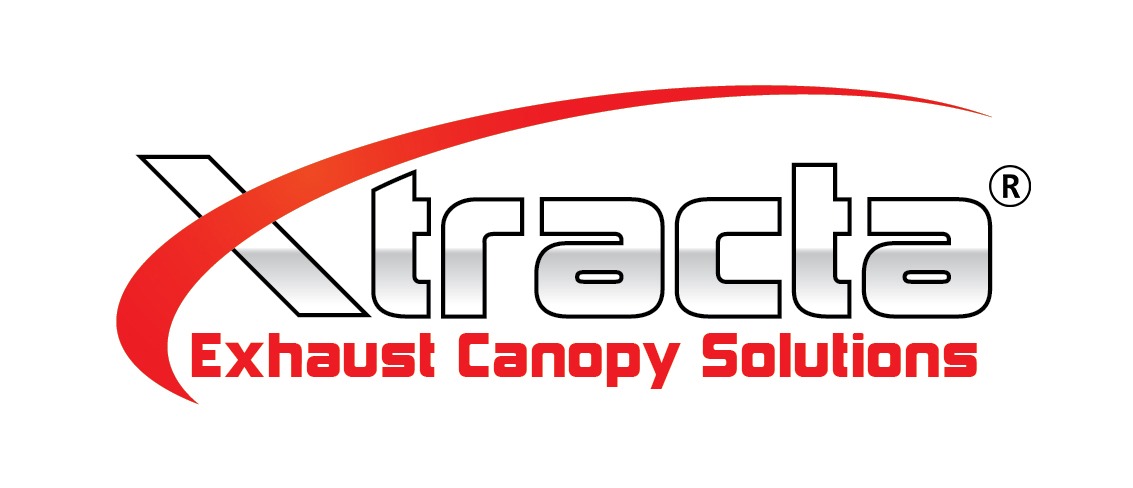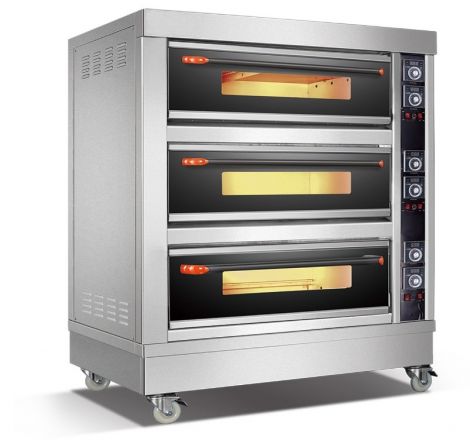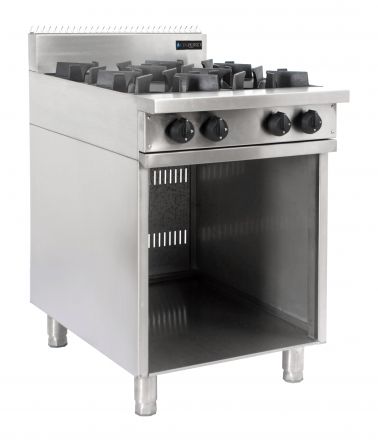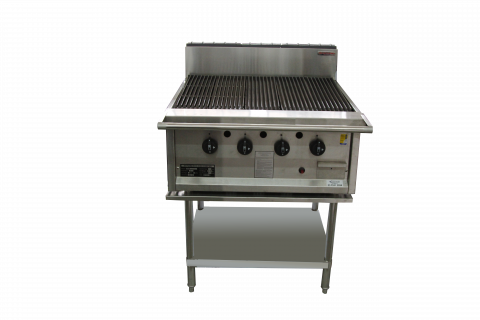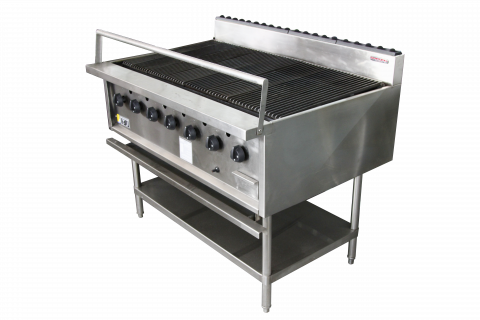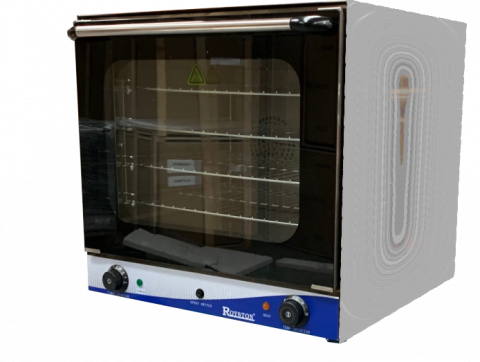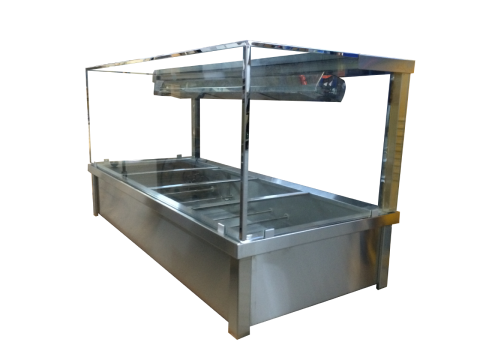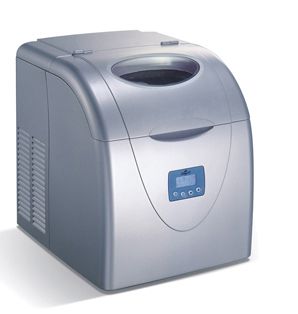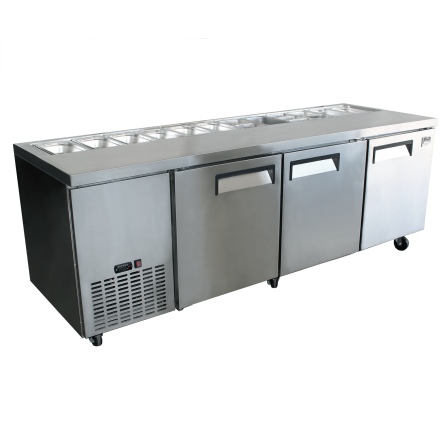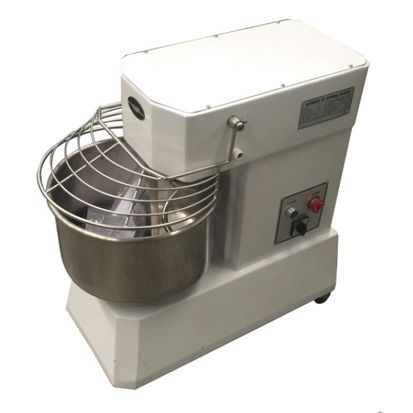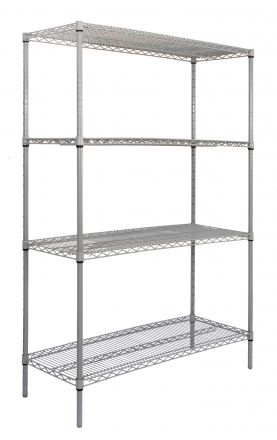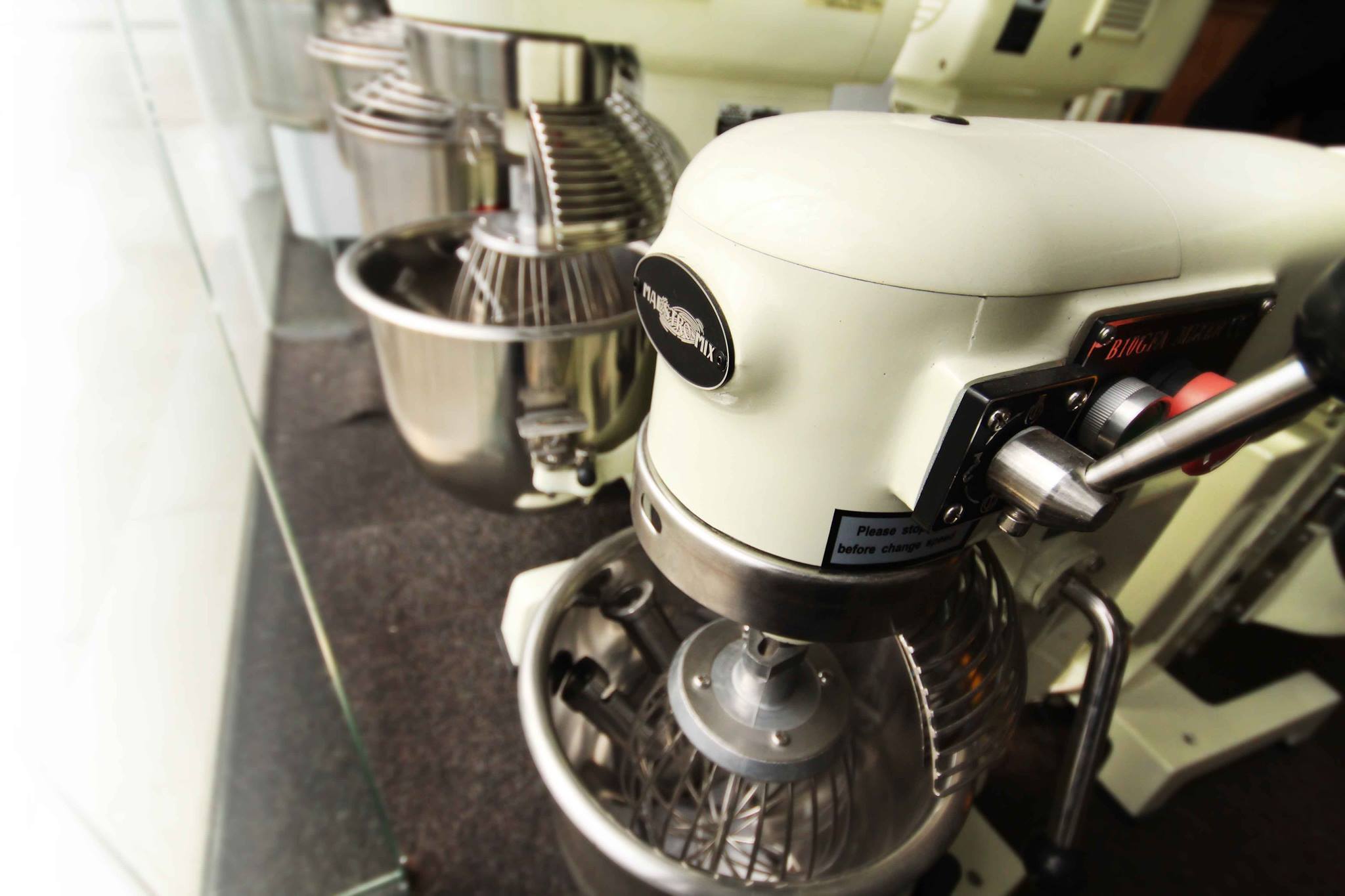
Make Bringing In The Dough: Investing In The Right Mixer
Some people are fascinated by the sheer size that models come in for industrial applications.
These heavy duty machines are the commercial counterpart of the old countertop Sunbeam, like mum used to have in her kitchen and which, in many cases, she still uses to this very day.
An example of the sheer toughness of these rugged machines is a spiral mixer purchased by a Hospitality World Direct customer not so long ago, to use in his lab as a cement mixer. While it's not something any expert would hastily recommend, what a customer wants to do with their own equipment is their business (warranty concerns aside).
These machines are a must-have for bakeries and pizza shops and with the choice of mixers out there, it can be a tough pick. We have to get back to basics and find out the initial misconceptions about mixers; this will ensure that you make the right decision when investing in what can be quite an expensive piece of equipment.
So what's the difference? The names of the mixers are based on their componentry: the 'spiral' is referring to the spiral shaped agitator which turns in a stationary position, while the bowl spins around it. The planetary mixer however, has a stationary (and sometimes detachable) bowl, and the mixing mechanism oscillates and turns - hence the 'planetary' description of this circular motion.
The planetary machine is made up of three detachable components – the whisk, dough hook and paddle. These multi-function capabilities make it a perfect baker's companion, ideal for mixing your less viscous ingredients such as icing, cake mixtures and creams, and even occasionally kneading dough for bread or pastries.
However, if you are finding that you are making dough for pizzas every day, a spiral mixer is the way to go. Mechanically, spiral mixers have a much simpler build than their planetary counterparts. This simplicity translates to a heavier duty machine capable of kneading to make good quality pizza dough.
The mechanism of the planetary mixers isn't built to handle the heavy dough that the spiral mixers are capable of. While it's true that planetary mixers can be used to make pizza dough, you will find that the mixer will violently agitate the dough which can not only create too much heat, but cause unnecessary stress and damage to your mixer's mechanism over time.
The spiral mixers combine the dough in a smoother motion thanks to the 'pig tail' agitator with the help of the breaker bar (the stationary rod component running down the middle of the mixer). The smooth motion reduces the amount of heat built up through the friction of mixing; heat which can ultimately kill yeast cultures.
When you are considering what size to buy, be aware that a model number is not always representative of capacity. Be sure to always ask what the maximum capacity of your mixer will be, as the amount shown in a mixer guide is the absolute upper limit of your finished dough amount. It is important not to overfill as not only does it put unnecessary stress on the machine, but you can also void your warranty. Not to mention the mighty mess that is made.
Do plenty of research when looking to buy your mixer. It is important that the business you buy from offers service and maintenance on their equipment.
Customer service shouldn't stop as soon as you're out the door. Look into signing up on a maintenance agreement as well - this may give you the option to loan equipment while yours is out of action. You don't want to be stuck in the middle of a busy service period with an essential part of your team not performing at its very best.
- Featured Products

